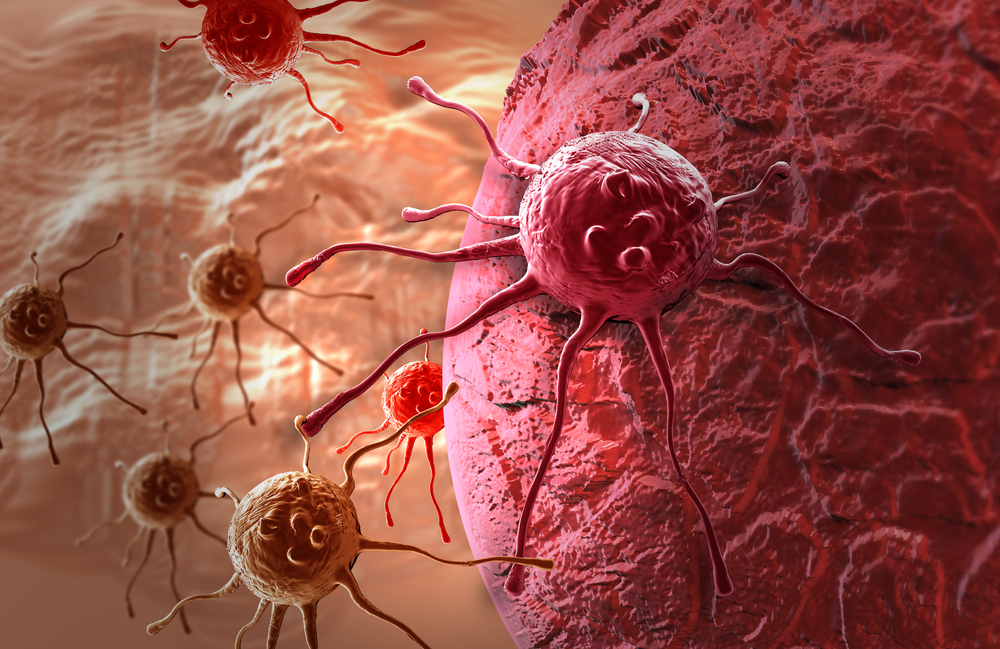A recent case report entitled “Transformation of Abdominal Wall Endometriosis to Clear Cell Carcinoma,” and published in the Case Reports in Obstetrics and Gynecology journal, describes a rare case of clear cell carcinoma in abdominal wall surgical scars. A team of physicians led by Dr. Maria Paula Ruiz from the University of Missouri School of Medicine presented and reviewed possible treatment approaches for this unusual event.
Besides the common symptoms and consequences of endometriosis, such as pelvic pain and infertility, endometriosis cells can — very rarely — transform into cancer cells. About 0.3% to 1% of all endometriosis patients develop cancer as a result of the disease, usually of the clear cell and endometrioid subtypes. These rare cancers are usually localized in the ovary. Nevertheless, endometriosis cells can spread to other sites in the body like abdomen wall incisions resulting from previous surgery (laparoscopy for treatment of endometriotic lesion or a cesarean section, for example).
Authors consider that as a result of its rarity, there is no specific diagnostic and treatment approach, and the most common method to treat these patients is that used in ovary cancer. Surgery is mandatory if patients’ health allows it, with complete resection of the lesion, uterus and ovaries in addition to sampling of the pelvic and abdominal lymph nodes. Chemotherapy and radiation therapy either before or after surgery are also usually necessary to further control the disease.
Recurrence of the disease is uncommon but possible, and some patients with this malignant condition have died. As previously stated, there is no standard management allowing doctors to achieve the best possible results for these patients. In the future, further research is necessary to understand which endometriosis patients are at risk of malignant transformation and cancer development.

